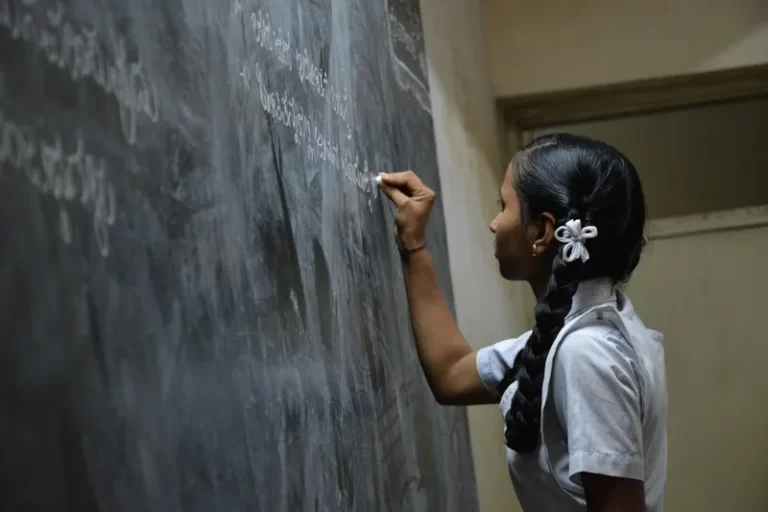
Formula Funding in Education: An Overview and Explanation
Learn about formula funding in education and its purpose, advantages, and challenges. Formula funding promotes equity and transparency in resource allocation, allowing educational institutions to meet the needs of their students. However, it also faces challenges such as complexity, changing demographics, and standardization. Find out how policymakers can refine and improve formula funding models for a more equitable and effective education system.










